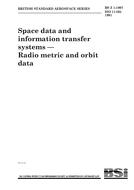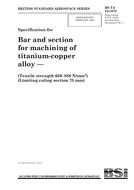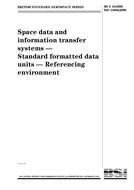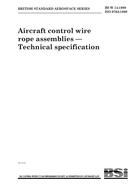Description
BS PAS 2070 – Specification for the assessment of greenhouse gas emissions of a city. Direct plus supply chain and consumption-based methodologies
BS PAS 2070:2013+A1:2014 specifies requirements for the assessment ofgreenhouse gas (GHG) emissions of a city or an urbanarea using two distinct methodologies. These recognizecities as both consumers and producers of goods andservices, and provide a complementary insight of acity’s GHG emissions. The GHG emissions assessmentmethodologies are:
- a direct plus supply chain (DPSC) methodology;
- a consumption-based (CB) methodology.
The DPSC methodology captures territorial GHGemissions and those associated with the largest supplychains serving cities, many of which are associatedwith city infrastructures. It covers direct GHG emissionsfrom activities within the city boundary and indirectGHG emissions from the consumption of grid-suppliedelectricity, heating and/or cooling, transboundary traveland the supply chains from consumption of key goodsand services produced outside the city boundary (e.g.water supply, food, building materials).
The DPSC methodology builds on the Global protocolfor community-scale greenhouse gas emissions (GPC)[3], developed by the World Resources Institute (WRI),C40 Cities Climate Leadership Group and ICLEI LocalGovernments for Sustainability to include a widerrange of indirect GHG emissions, and is consistent withemission sources covered by the GPC.
The CB methodology captures direct and life cycleGHG emissions for all goods and services consumed byresidents of a city, i.e. GHG emissions are allocated tothe final consumers of goods and services, rather thanto the original producers of those GHG emissions. TheCB methodology does not assess the impacts of theproduction of goods and services within a city that areexported for consumption outside the city boundary,visitor activities, or services provided to visitors.
A purely territorial accounting methodology, whichfocuses on all GHG sources within a boundary is notprovided, but GHG emissions within the city boundarycan be calculated as a subset of the DPSC methodology.
Incorporates the following:
Amendment, May 2014
Product Details
- Published:
- 05/31/2014
- ISBN(s):
- 9780580865367
- Number of Pages:
- 36
- File Size:
- 1 file , 1.7 MB
- Product Code(s):
- 30300817, 30300817, 30300817
- Note:
- This product is unavailable in Ukraine, Russia, Belarus






